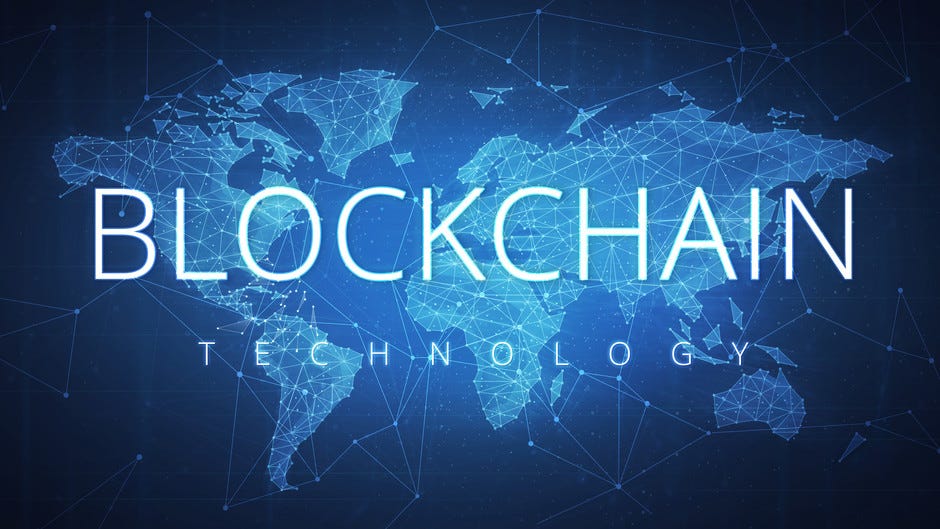The Future of Blockchain Technology
Trends and Developments on the Horizon
 Blockchain technology, once synonymous with cryptocurrencies, has evolved into a multifaceted ecosystem with far-reaching implications across industries. As we gaze into the crystal ball of innovation, predicting the future of blockchain involves deciphering trends and developments in scalability solutions, interoperability protocols, and governance models. In this article, we will explore the trajectory of blockchain technology and anticipate the transformative changes that lie ahead.
Blockchain technology, once synonymous with cryptocurrencies, has evolved into a multifaceted ecosystem with far-reaching implications across industries. As we gaze into the crystal ball of innovation, predicting the future of blockchain involves deciphering trends and developments in scalability solutions, interoperability protocols, and governance models. In this article, we will explore the trajectory of blockchain technology and anticipate the transformative changes that lie ahead.
Scalability Solutions
One of the most pressing challenges facing blockchain networks is scalability—the ability to handle a high volume of transactions efficiently. Traditional blockchains, such as Bitcoin and Ethereum, have faced scalability limitations, resulting in network congestion and high transaction fees. However, the future of blockchain technology holds promise with the emergence of scalability solutions such as sharding, layer-2 solutions like state channels and sidechains, and consensus mechanisms like proof-of-stake (PoS) and delegated proof-of-stake (DPoS). These innovations aim to enhance transaction throughput, reduce latency, and improve the overall scalability of blockchain networks, paving the way for mass adoption and mainstream use cases.
Interoperability Protocols
As the number of blockchain networks continues to proliferate, achieving interoperability—the seamless exchange of data and assets across different blockchains—has become paramount. Interoperability protocols enable disparate blockchain networks to communicate and transact with each other, fostering a cohesive and interconnected ecosystem. Projects like Polkadot, Cosmos, and interoperability-focused bridges and gateways are spearheading efforts to bridge the gap between siloed blockchains, enabling cross-chain asset transfers, decentralized applications (dApps) interoperability, and data sharing. The future of blockchain technology hinges on interoperability, as it unlocks new opportunities for collaboration, innovation, and value exchange across decentralized networks.
Governance Models
Effective governance is essential for the long-term sustainability and resilience of blockchain networks. Traditional governance models, characterized by centralized decision-making and hierarchical structures, have given way to more decentralized and participatory governance mechanisms in the blockchain space. Decentralized autonomous organizations (DAOs), blockchain-based voting systems, and on-chain governance protocols empower stakeholders to collectively govern and govern decentralized networks, enabling transparent decision-making, community engagement, and consensus formation. The future of blockchain technology will likely see further experimentation with novel governance models that balance decentralization, efficiency, and resilience, ensuring the continued evolution and maturation of decentralized ecosystems.
The future of blockchain technology is ripe with potential, driven by innovations in scalability solutions, interoperability protocols, and governance models. As blockchain networks continue to evolve and mature, we can expect to see greater scalability, interoperability, and decentralization, unlocking new use cases, applications, and opportunities for innovation. By staying abreast of emerging trends and developments in the blockchain space, we can navigate the shifting landscape of decentralized technology and harness its transformative power to build a more inclusive, transparent, and equitable future.
Thank you for reading!
Find useful articles to read: HERE
My referal links: ByBit Mastercard Card Tangem Cold storage Wallet




























































